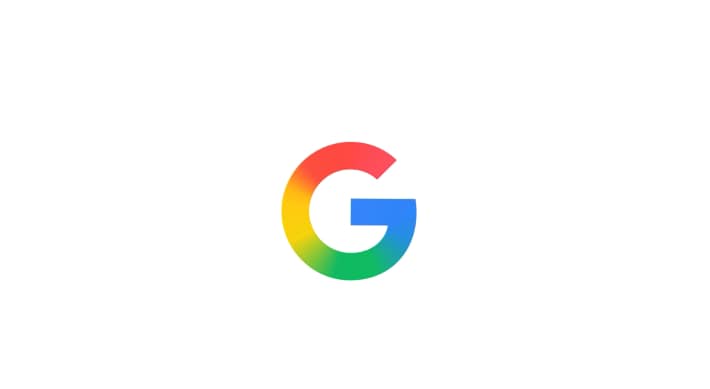Google updated HR wording after concerns that staff must share health data with third party AI tool Nayya to access benefits. The company clarified data sharing is optional. The episode highlights risks around AI in the workplace, consent, vendor vetting, and employee data protection.

Google updated its employee health policy after staff and privacy observers raised alarms about wording that gave the impression workers in the United States had to share health data with a third party AI tool, Nayya, to access benefits. The company clarified that sharing data is optional and will not affect benefits enrollment. The episode is a reminder of how AI in the workplace must be paired with explicit consent and strong employee data protection.
Employers are increasingly deploying AI powered HR automation to personalize plan recommendations and streamline administrative tasks. When these systems ingest sensitive health information they create a concentration of risk. Employee health data privacy and workplace AI privacy are top concerns because third party AI tools can process claims and plan information in ways that are not always transparent.
At large employers scale matters. Companies with many employees amplify both the operational benefits of AI driven employee benefits and the reputational impact of policy missteps. Surveys show many workers feel uneasy about employer use of AI in people decisions. As vendorization of benefits grows, disputes about privacy and consent will become more common unless companies adopt stronger vendor vetting and AI regulatory compliance practices.
This episode highlights several priorities for organizations deploying AI in HR:
Google's quick clarification shows that even sophisticated employers can stumble on consent and communication when introducing AI driven health tools. The technical benefits of AI in the workplace will only be sustainable if organizations make employee health data privacy and AI consent management first order priorities. The market will increasingly favor employers who combine AI powered HR automation with rigorous data protection, transparent communications, and careful vendor vetting.



